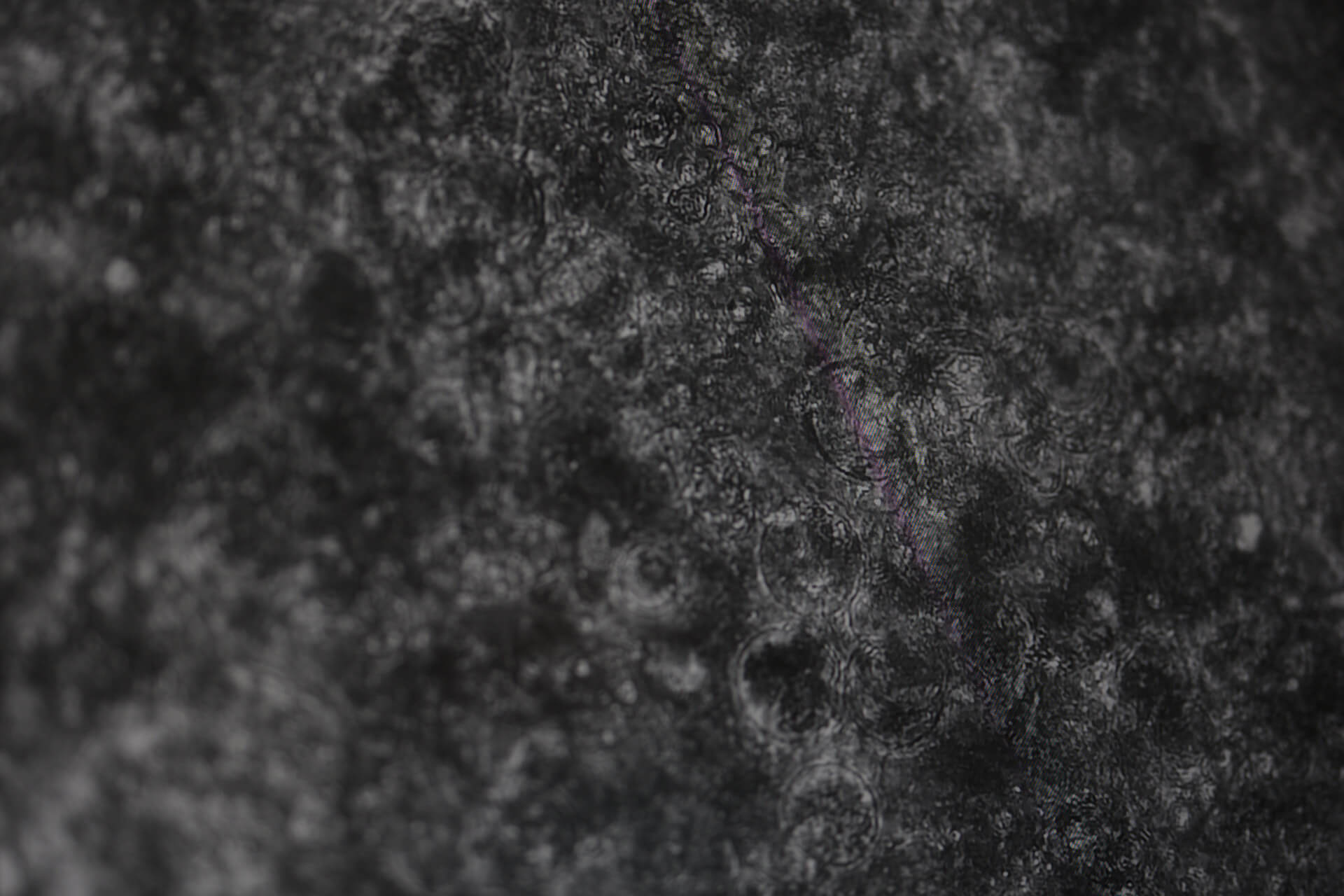Dr. Martin Raasch is new board member of the EUROoCS!
Congratulations to our managing director Dr. Martin Raasch! Since 07/03/2021, our Dynamic42 co-founder is new board member of the European Network for Organ-on-Chip (OoC) EUROoCS. For the next six years, he commits himself to the EUROoCS goal of promoting and further developing OoC research.
Martin’s motivation: Creating awareness and acceptance
With Dr. Martin Raasch, the EUROoCS executive board gains a permanent fixture in the OoC area: He has been working and researching with biochips for eleven years. He gained extensive experience in human vascular, liver, and immune cell biology. Currently he is working on establishing OoC biochips and models of the human blood-brain barrier and further developing our gut, liver, and lung models.
Through his work at Dynamic42, he brings practical input to the work of the executive board. He knows the opportunities and risks of the industry and is aware of the upcoming workload: In addition to optimizing the robustness, user-friendliness, and standardization of chip models, it is particularly important to increase the acceptance of this important field of research through greater awareness and satisfied end customers.
EUROoCS conference 2021
The new board members were elected by members in an online vote ahead of the annual EUROoCS conference and announced in Uppsala, Sweden, in July. Together with Dr. Martin Raasch, Dries Braeken, PhD (imec, Leuven, Belgium), became new board member. Dr. Andries van der Meer from the University of Twente (Netherlands) has been elected as the new vice-chairman. Prof. Dr. Christine Mummery, who works at the University of Leiden (Netherlands), gives the chairmanship of the board to Prof. Dr. Peter Loskill from the University of Tübingen. In the further course of the conference, more than 430 participants from 26 countries discussed current research progress and innovations in the field of OoC technology. The Corona-related virtual conference program included varied lectures on novel technologies, disease models and toxicity analyses in various human OoC systems. In this context, our doctoral student Tim Kaden found interested listeners for his scientific poster contribution on the current research data on the drug testing of various drugs in our liver-on-chip model. A panel discussion with the Industrial Advisory Board (EUROoCS IAB) and the Regulatory Advisory Board (EUROoCS RAB) addressed how a targeted integration of OoC models within the industry is made possible (IAB) and with which regulations these are implemented (RAB).
About EUROoCS: Sustainable research without animal testing
The field of organ-on-chip research is growing rapidly due to its promising impact on drug development and personalized disease treatment. Against this background, EUROoCS was founded as the first European training program for OoC. Participants from various disciplines such as biology, engineering, medicine, physics, and chemistry come together. Their common goal: to reduce animal testing. The EUROoCS invites you to a virtual laboratory tour in the YouTube clip “Organ-on-Chip and the 3R: A virtual lab tour” and gives insights into the Europe-wide OoC research. Our chips are presented in minutes three and five.
More interesting articles:
Blog
Organ-on-chip applications by organ type – what has been done?
This blog lists examples of organ-on-chip models by organ type that have been used in the past, providing the respective literature for your reference.
Read MoreBlog
Exploring infectious disease dynamics through organ-on-chip technology
This blog explores established infection models using our organ-on-chip technology and their implications for scientific research.
Read MoreBlog
Immunocompetent Organ Models – the Future of Biomedical Research
One crucial factor that plays a pivotal role in the success of organ-on-cip models is immunocompetence. In this blog post, we delve into the significance of immunocompetence in organ-on-chip models and how it opens new avenues for advancing medical research.
Read More

